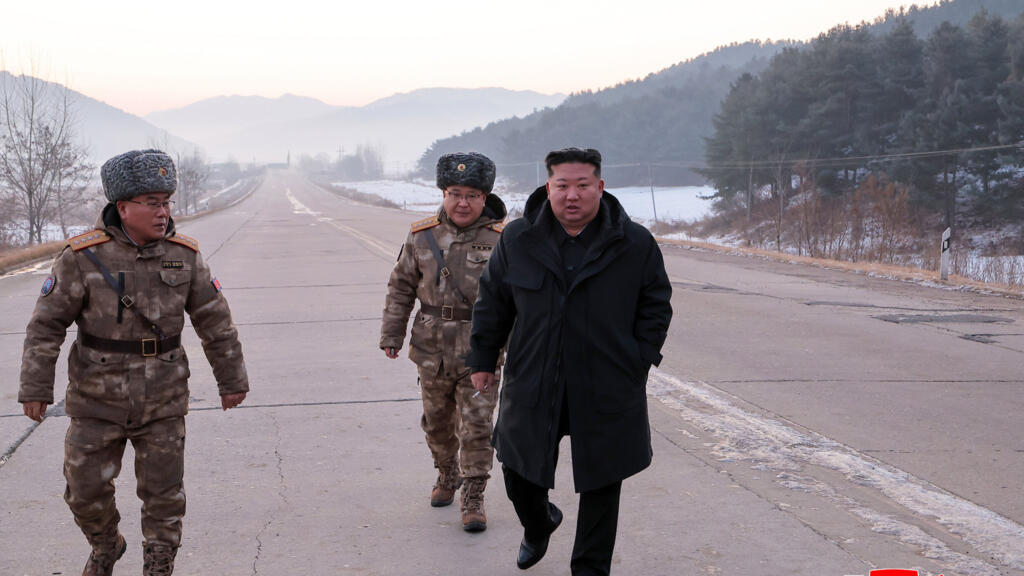The New Age of Soft Power: How Nations Are Winning Without War
A deep dive into how global superpowers like China, the U.S., India, and South Korea are leveraging culture, technology, and diplomacy as modern tools of soft power influence.

In the 21st century, influence no longer requires an army. It requires attention, trust, and strategy. The geopolitical game is shifting, and the world’s most powerful countries are no longer just building weapons—they're building narratives, universities, entertainment empires, and global technology platforms. Welcome to the new age of soft power—where nations win by persuasion, not by pressure.
Today, soft power is redefining what it means to be a global leader. Instead of bullets, it’s culture. Instead of occupation, it’s education. And instead of force, it’s influence.
What Is Soft Power?
Coined by political scientist Joseph Nye, soft power is the ability of a country to shape the preferences of others through appeal and attraction rather than coercion or payment. It contrasts sharply with hard power—military and economic might used to pressure or dominate.
Soft power comes from:
-
Cultural influence (movies, fashion, sports)
-
Political values (democracy, human rights)
-
Foreign policy and diplomacy
-
Educational and scientific leadership
-
Global branding
Today’s most strategic countries are investing in soft power not as a backup—but as a primary tool of global engagement.
China: Soft Power with Strategic Intent
China’s rise in soft power is calculated and ambitious. Through initiatives like the Belt and Road Initiative (BRI), China has positioned itself as an infrastructure and development leader across Asia, Africa, and Europe. But that’s not all—it’s also growing its global presence through media expansion, Confucius Institutes, and technology platforms.
Chinese television channels are broadcast in multiple African nations. Chinese scholarships attract thousands of students to universities in Beijing. Even TikTok—while a private company—has become a global cultural export that subtly shapes perceptions of Chinese innovation.
But China’s soft power faces hurdles. Its censorship record, handling of Hong Kong, and treatment of ethnic minorities have sparked international scrutiny. The paradox: while China pushes soft power externally, internal hard power tactics sometimes undermine it.
United States: Hollywood, Harvard, and Hegemony
The U.S. remains a global soft power titan, thanks largely to its cultural and educational exports. From Marvel movies to Ivy League institutions, American influence is deeply embedded in global consciousness.
-
Entertainment: Hollywood sets trends and narratives for billions.
-
Tech Giants: Platforms like Google, Meta, and Apple shape how the world communicates and consumes.
-
Education: U.S. universities dominate global rankings and attract international students in the hundreds of thousands.
-
Democracy Branding: Despite domestic turbulence, the U.S. still promotes democracy as a central element of its identity abroad.
In many cases, soft power sustains U.S. dominance where military involvement becomes less favorable. After all, you don’t need to occupy a country if it’s already watching your content, learning your language, and buying into your ideals.
India: Cultural Capital on the Rise
India is one of the most fascinating cases of emerging soft power in Asia. While still developing hard power capabilities, India is quietly building global influence through:
-
Bollywood: One of the largest film industries in the world, with strong traction in Africa, the Middle East, and Southeast Asia.
-
Yoga and Spirituality: India’s cultural exports, from yoga to Ayurveda, are part of global wellness culture.
-
Technology Diplomacy: India’s skilled workforce and IT dominance are gaining international trust.
-
Diaspora Diplomacy: The Indian diaspora in the U.S., UK, Canada, and Gulf countries plays a strategic role in enhancing India’s voice abroad.
India’s soft power remains rooted in its cultural authenticity—and in contrast to China, India’s democratic structure allows it to claim moral leadership on global stages, especially in the Global South.
South Korea: From War Zone to Cultural Juggernaut
Few nations have transformed their global image like South Korea. Once known primarily through its tense relationship with North Korea, South Korea today is a soft power superbrand:
-
K-pop: BTS, Blackpink, and dozens of acts dominate global music charts.
-
K-dramas: Streaming platforms have made Korean storytelling a worldwide phenomenon.
-
Fashion & Beauty: Korean skincare and fashion set global trends.
-
Tech & Education: Companies like Samsung and Hyundai reinforce Korea’s reputation for innovation.
Through deliberate government-backed campaigns (e.g., Korean Wave), Seoul has turned culture into currency.
The New Global Battlefield Is Cultural
The shift to soft power means global influence is now earned through engagement instead of enforcement, appeal instead of aggression. From entertainment and education to digital ecosystems and diplomatic ties, countries are competing for hearts and minds, not just territory.
In this new battlefield:
-
Google is as powerful as a government
-
TikTok trends can redefine foreign perceptions
-
A film or Netflix series can do what diplomacy cannot
Conclusion: Winning Without War
In Asia and beyond, soft power is no longer an afterthought—it’s central to national strategy. The countries that master cultural fluency, digital diplomacy, and global narrative control will lead the next generation—not just in markets, but in mindshare.
For those watching only the missiles and summits, the real battle may already be underway—on screens, in classrooms, and through hashtags.










